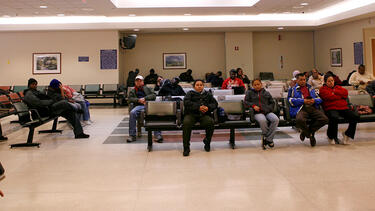Politics and Policy
The Problems with a Socialist Vision for NYC
Yale’s Jeffrey Sonnenfeld and co-authors suggest that some of New York City mayoral candidate Zohram Mamdani’s socialism-inspired proposals, such as city-owned grocery stores, are likely to run into inefficiencies and unanticipated downsides. They write that capitalism can be a better engine of progress.

Three Questions: Prof. Zoë Chance on the Standoff between Nancy Pelosi and Donald Trump
We asked Yale SOM’s Zoë Chance, an expert in influence and persuasion, about the method behind Pelosi’s suggestion that the State of the Union be delayed.

Three Questions: Prof. William B. English on Markets and the Fed
We asked William B. English, a Yale faculty member and former Fed official, about how the Fed should respond to recent ups and downs in the stock market.
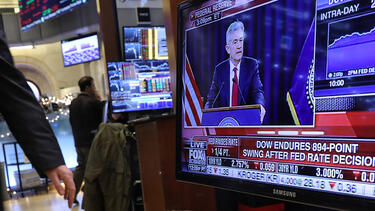
Why Hidden Populations Are So Hard to Count
Yale researchers Edward Kaplan and Jonathan Feinstein explain how widely accepted estimates have greatly undercounted the number of undocumented immigrants in the United States.
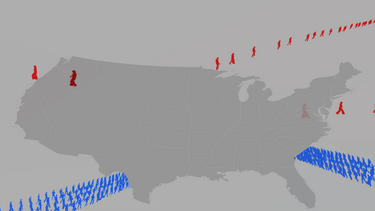
Janet Yellen Worries the Fed May Not Have the Tools to Fight the Next Downturn
The former Federal Reserve chair discusses what the Fed can do to help stabilize the economy and get it turned around when rate cuts aren’t enough.

Can Green Banks Scale Clean Energy?
Richard Kauffman ’83 explains how the New York Green Bank has made possible $1.5 billion in clean energy projects that wouldn’t otherwise have happened.

Are We Asking Too Much of Central Banks?
Paul Tucker, a former deputy governor of the Bank of England, says that giving central bankers too much power can lead to dangerous unintended consequences.
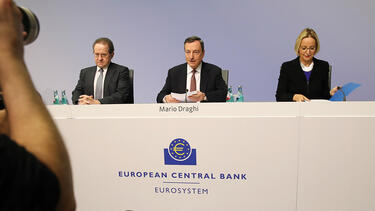
Experiment to Save an Endangered Fish Holds Lessons for Policymakers
Randomized control trials may offer a tool for cost-effective, evidence-based policy making and perhaps even a deeper understanding of human behavior.

Lessons for the Crisis Fighters
Yale SOM’s Andrew Metrick and the Yale Program on Financial Stability are studying the global financial crisis of 2007-09, working to create the knowledge and tools to prepare the next generation of policymakers who find themselves in the eye of a monetary maelstrom.
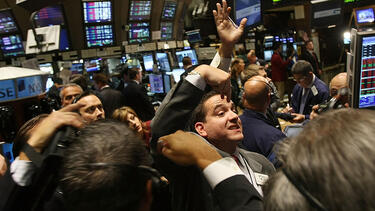
How Can We Make Elections Work Better?
We asked Yale SOM faculty in operations, game theory, finance, and design: “What’s one change we could make to improve the way we vote in the U.S.?”
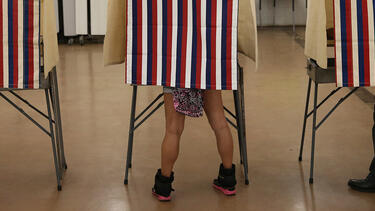
Three Questions: Prof. Jason Abaluck on Short-Term Health Insurance
We asked Yale SOM health economist Jason Abaluck how the expansion of low-cost, short-term insurance could affect consumers and the insurance markets.
